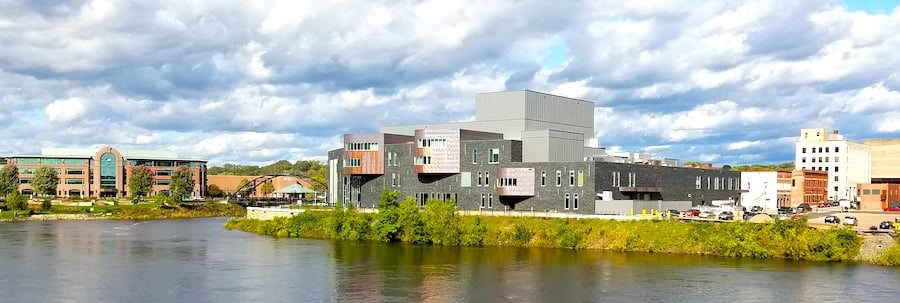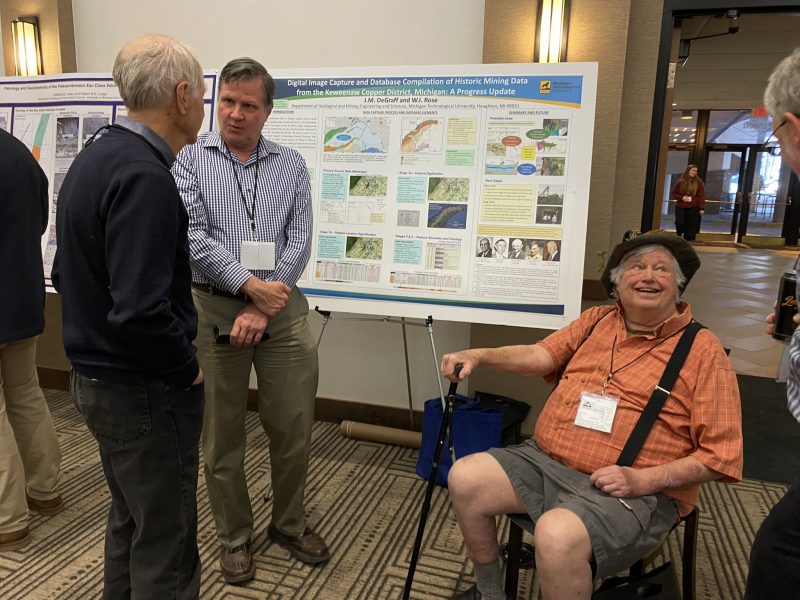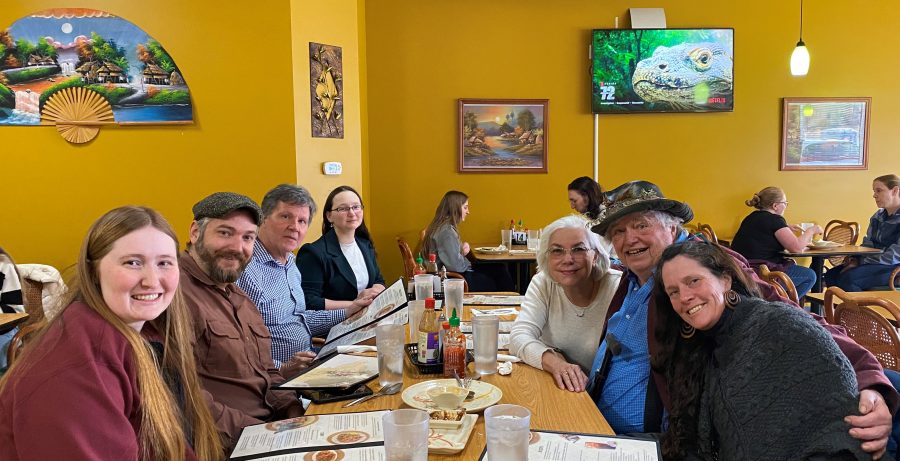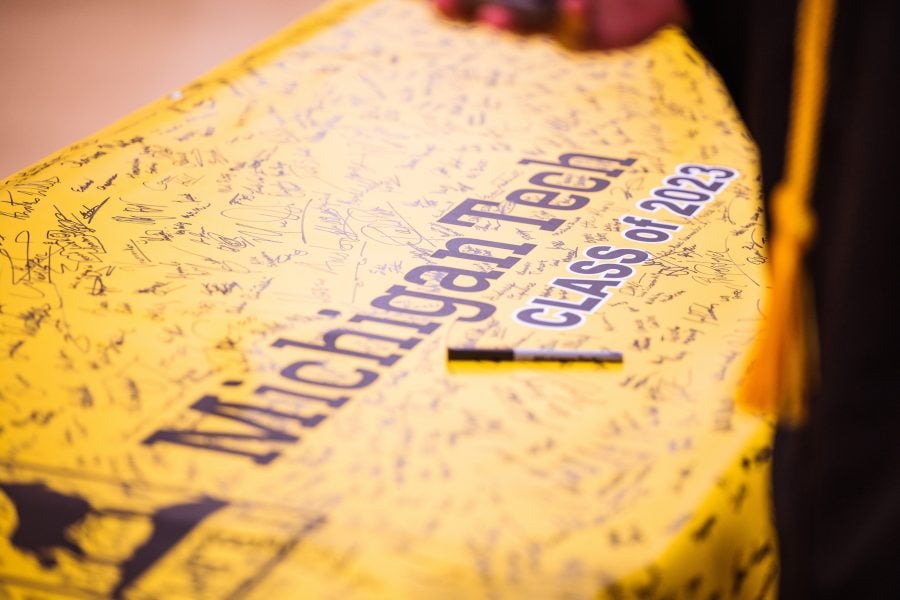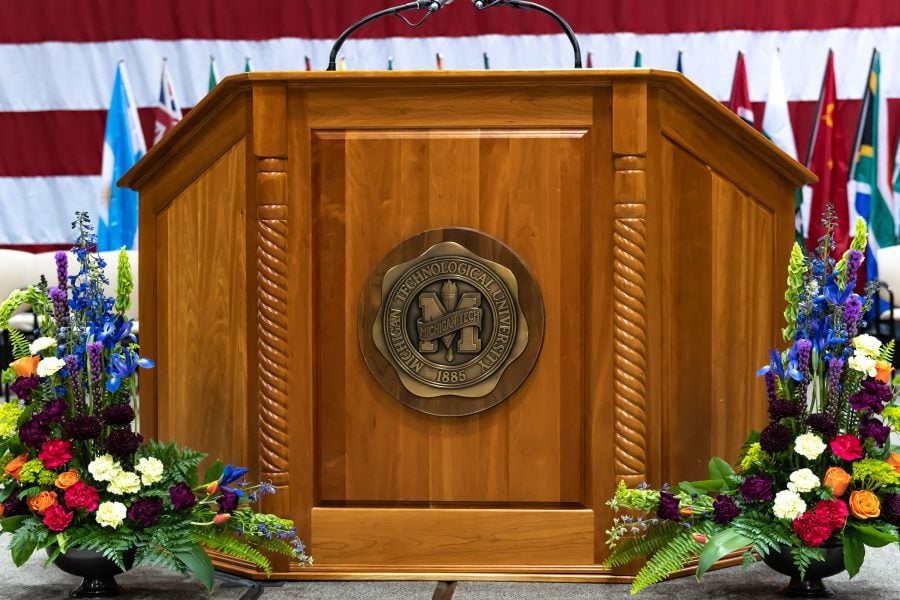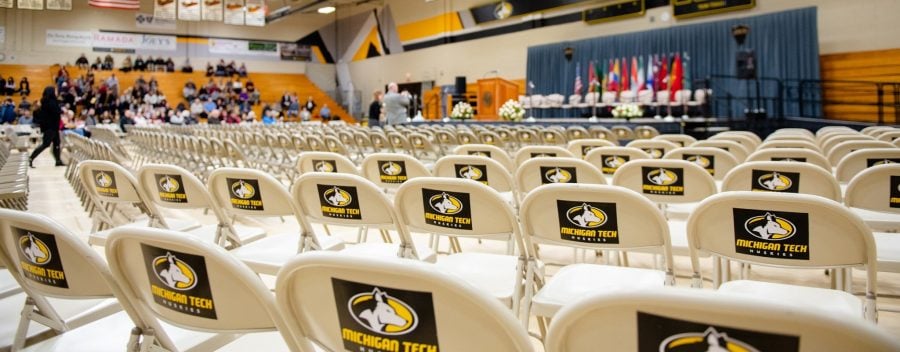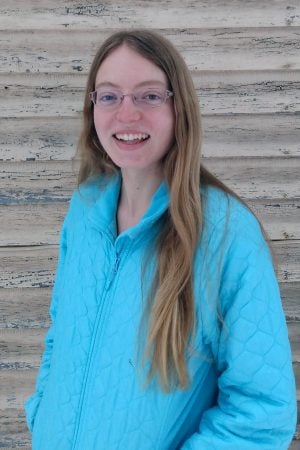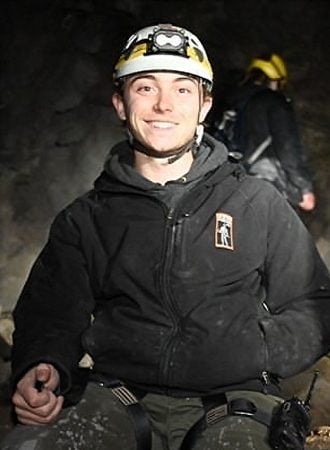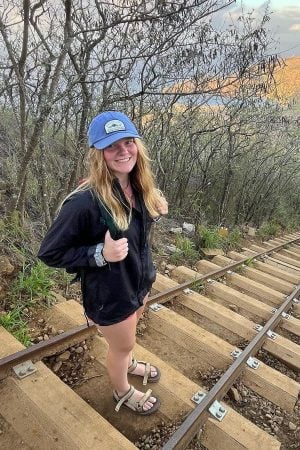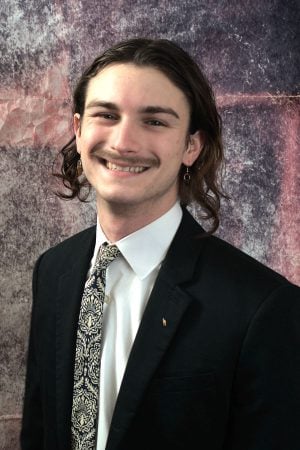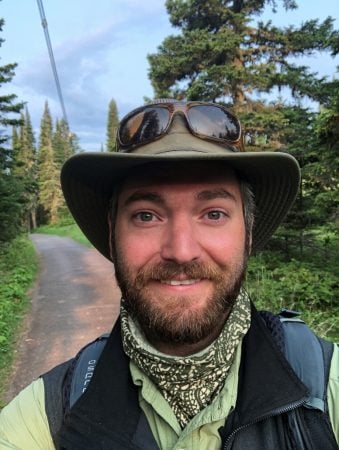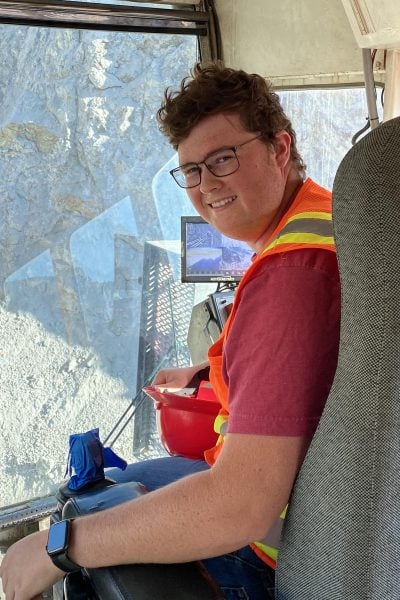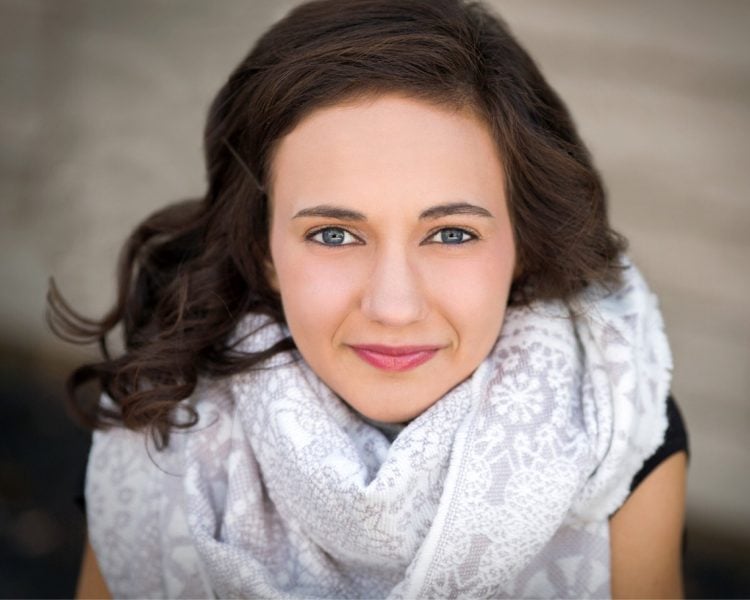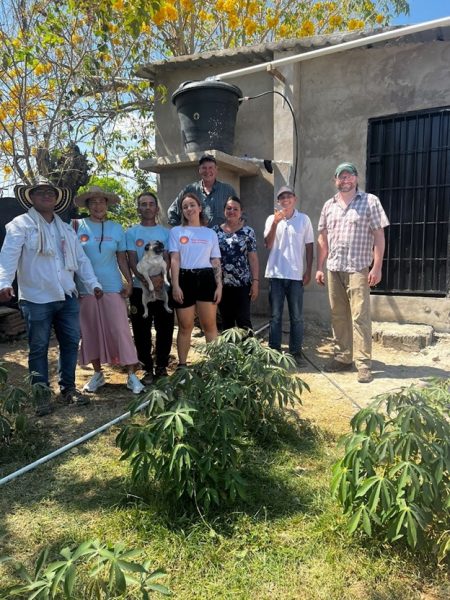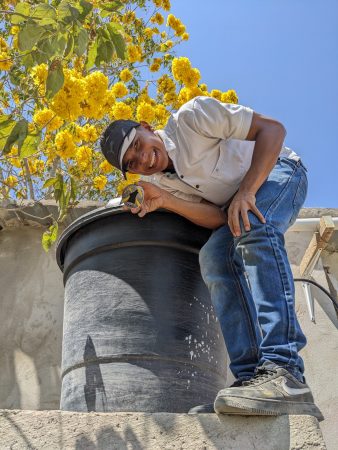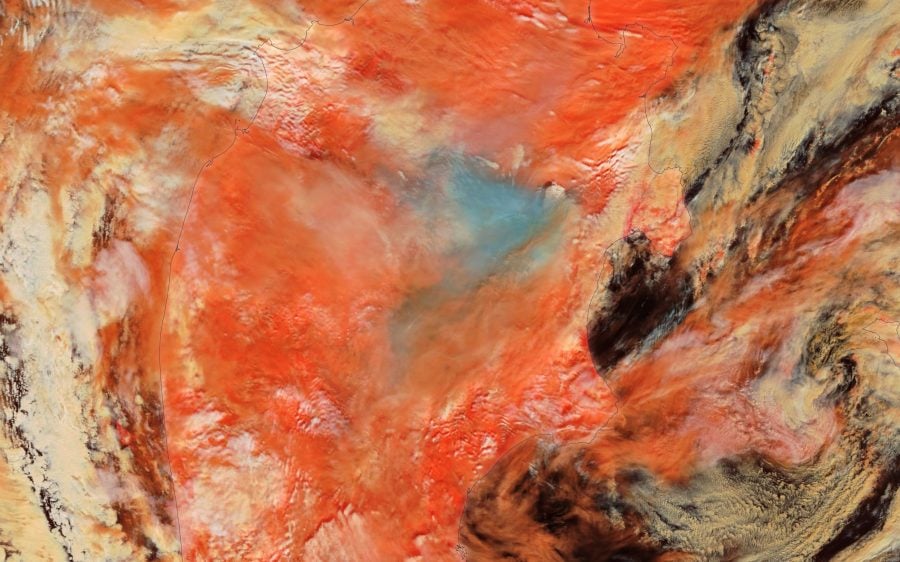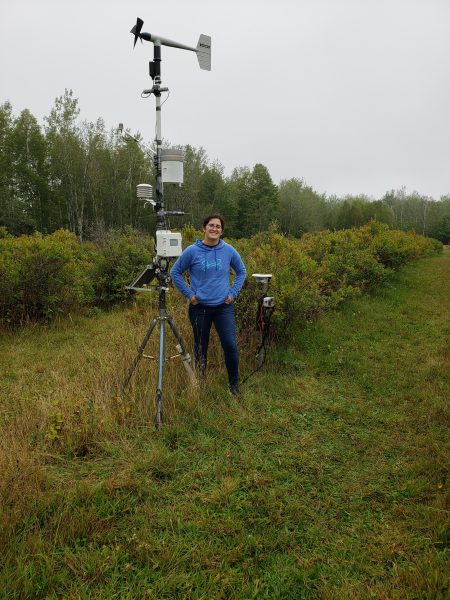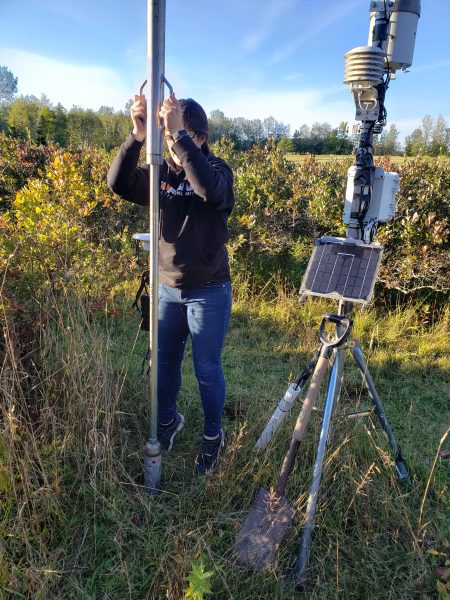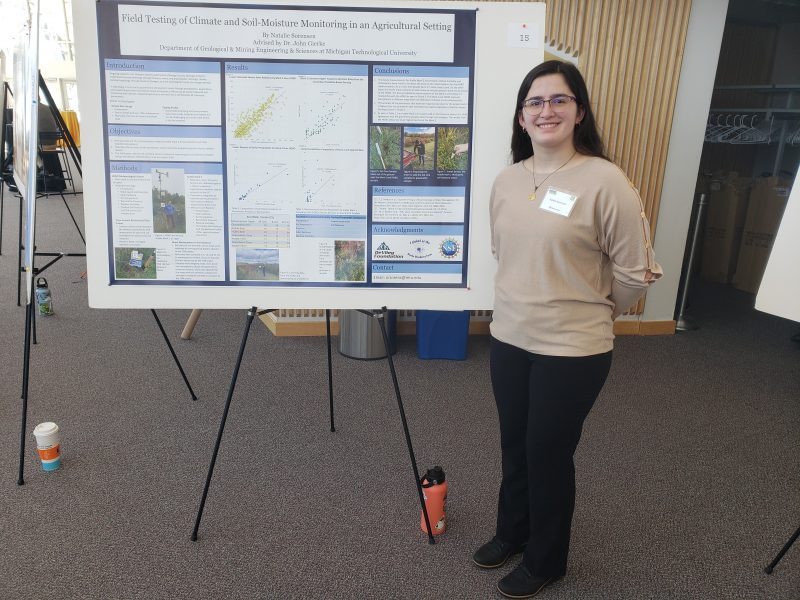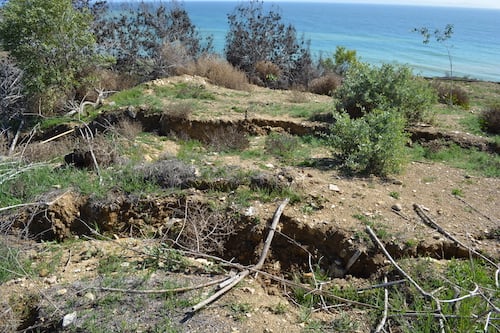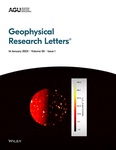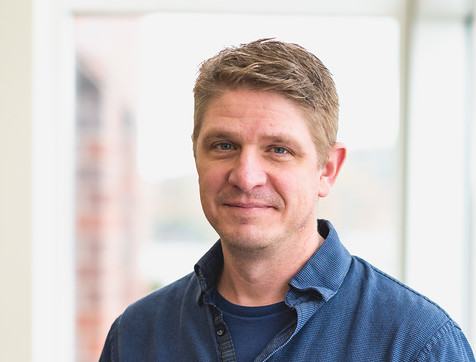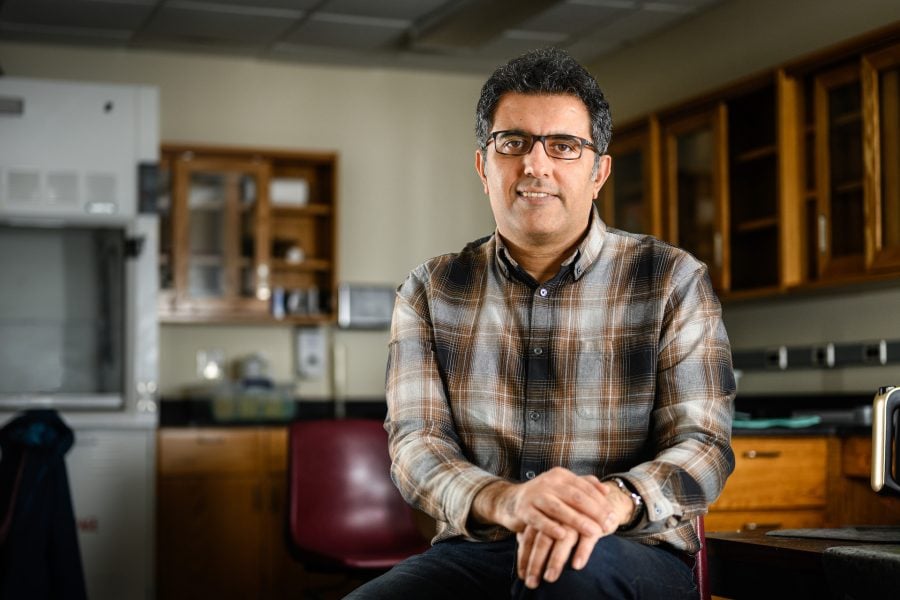
GMES Associate Professor Radwin Askari, a geophysicist who studies cavitation in volcanoes’ fluid-filled magmatic cracks, has earned a National Science Foundation (NSF) CAREER Award.
The awards recognize Askari, an associate professor of geological and mining engineering and sciences, as an early-career faculty who demonstrates the potential to serve as academic role model in research and education, and to lead advances in the mission of his department or organization. The five-year grant will support both research work and education outreach.
Askari’s award will enhance both research capabilities and educational opportunities in the Physical Modeling Laboratory.
Understanding Volcanoes Through Integrated Physical Modeling
Askari will receive more than $668,000 to continue research in the Physical Modeling Laboratory (PML), which he founded in the Department of Geological and Mining Engineering and Sciences (GMES). For his CAREER project, he’ll develop two analog apparatuses to investigate the cavitation mechanism in fluid-filled magmatic cracks and the developments of sub-cracks and seismic signals that result. Askari said it is crucial to understand both the cavitation mechanism and the dynamics of a volcano’s magmatic crack growth in order to estimate the scale of magma transport.
“The results from this research can improve the forecast of volcanic eruptions, which in turn can help to mitigate their consequent hazards.”
As a result, Askari will be able to assess other complex scenarios in fracture evolution and their corresponding seismicity, a major step toward his ultimate research goals in the field. He also plans to purchase new lab equipment, including a high-speed imaging system, to substantially enhance the PML’s experimental capacities. Other disciplines across campus, including biomechanics, aerodynamics and fluid dynamics, will also be able to use these advanced tools for future multidisciplinary research collaborations.
Askari plans to promote earth science literacy for students, educators and the public by producing several educational videos and a virtual PML lab tour. He will also offer summer research internships to students from traditionally underserved populations.
Askari said he’s grateful to GMES Chair Aleksey Smirnov, along with Assistant Vice President for Research Development Peter Larsen and colleagues in Tech’s Sponsored Programs Office, for their support and guidance. He also thanked retired GMES staff member Carol Asiala, an assistant research scientist and engineer, for her assistance with the nontechnical parts of his award proposal.
Learn more about the Physical Modeling Laboratory.
